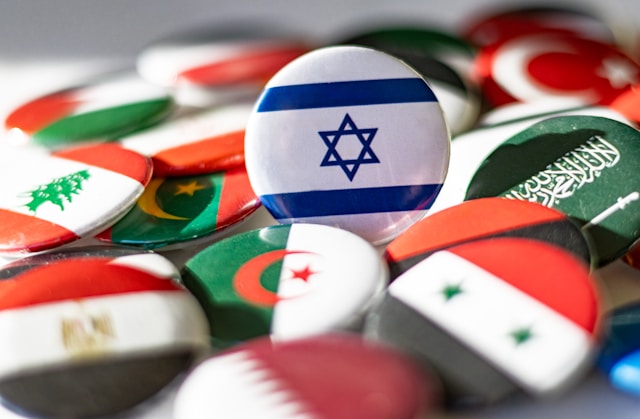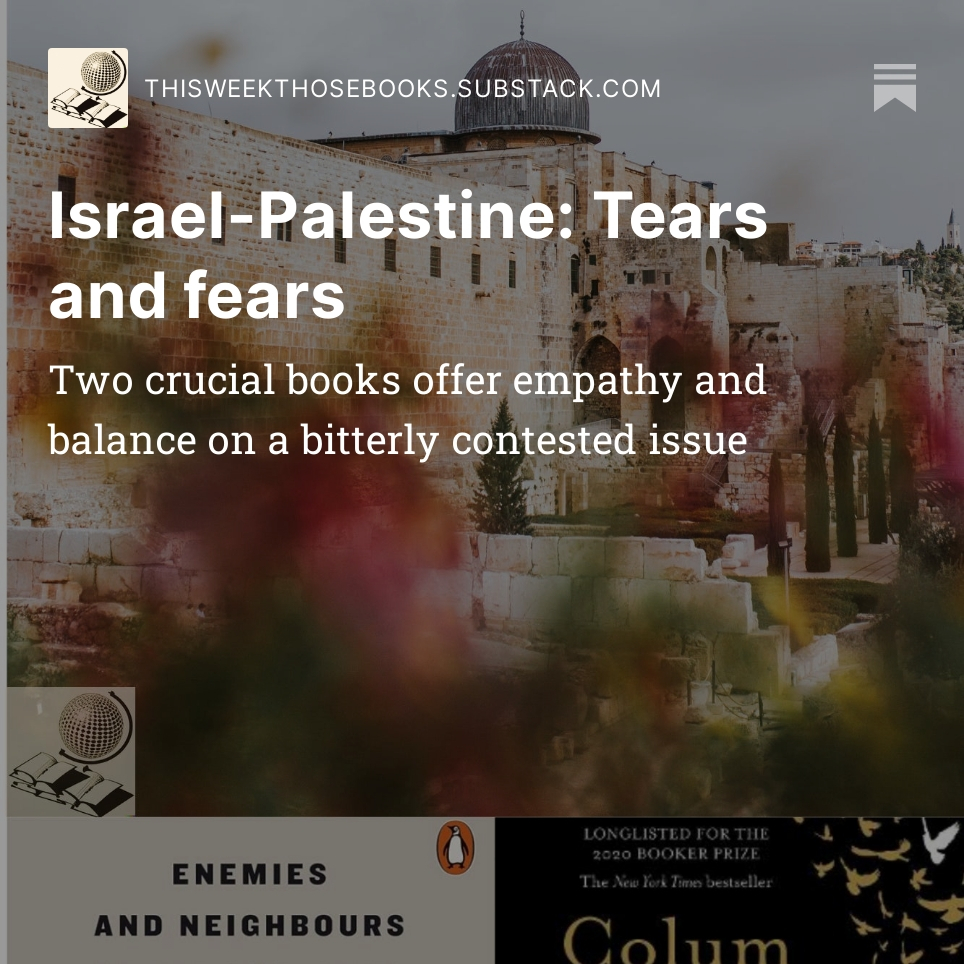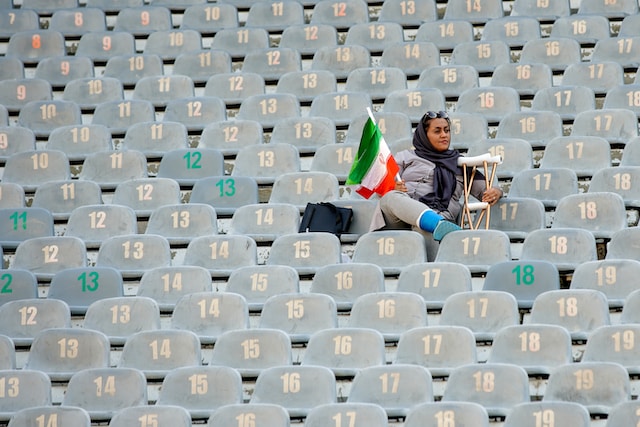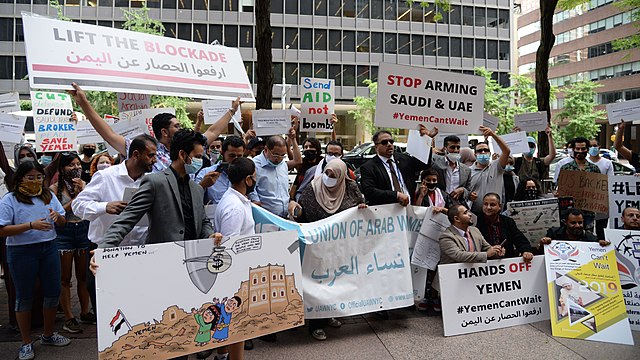Iran-Israel face-off: Western doublespeak and neverspeak

Two things emerge from the current Israel-Iran face-off and Iran’s first-ever direct attack on Israel: some doublespeak and a lot of neverspeak on the part of many in western capitals, particularly political leaders, policy wonks, think tankers and others. Neverspeak, incidentally, is the refusal to acknowledge anything halfway decent from the other side.
Honestly, do they never hear how they sound? Do they never watch the way they come across?
At the outset, it’s right to note that many western capitals cannot be faulted for distrusting Iran with all its ‘Great Satan’, ‘Little Satan’ obsessions, its ‘death to America’ chants and the pathologies of intense dislike it has built up over nearly half-a-century. Add in the fact that Iran has run proxies and a prolonged regional shadow war against Israel for years.
Even so, a stab at appearing moderately principled would go a long way towards allowing the western message to find and persuade its intended recipients – a multitude of non-aligned developing countries. Many of them are increasingly vocal about what they call the hypocrisy and double standards advanced by western capitals as universal and human rights values.
Let’s start at the beginning of this fortnight-long Israel-Iran period of hostilities.
Israel conducted airstrikes on an Iranian consulate in Syria on April 1, but there was hardly any condemnation from Washington, D.C., Brussels, Paris etc of Tel Aviv’s extraordinary decision to violate the 1961 Vienna Convention on Diplomatic Relations. Article 22 of the Convention says that the premises of a diplomatic mission are inviolable but neverspeak dominated the international conversation.
When Iran said it would offer a response and followed that up with informing some neighbours about the impending April 13 attack on Israel, no one publicly noted its sober behaviour nor the fact that telegraphing an attack days in advance is an indicator of good intent. Again, neverspeak.
When Iran issued a statement at the United Nations indicating that it would not strike Israel further unless attacked once again, no one praised the attempt to de-escalate. There was little appreciation of a top Iranian official’s social media post, which said: “The matter can be deemed concluded. However, should the Israeli regime make another mistake, Iran’s response will be considerably more severe”. Neverspeak once again.
While we are told that US President Joe Biden warned Israel’s Prime Minister Benjamin Netanyahu against retaliation and bluntly refused operational support for a counterattack against Iran, there is little criticism of the Israeli leader’s war mongering talk and actions. As well as that of his cabinet. Israel’s defence minister, Yoav Gallant, ominously declared in a televised statement early on April 14, that the confrontation with Iran “is not over yet”. Neverspeak yet again, this time in relation to Israel.
Finally, there is the fact that Israel and its allies such as the US intercepted 99 per cent of the 300+ drones and missiles Iran launched against it on the night of April 13. (The breakdown is said to be 170 drones, 30+ cruise missiles and 120+ ballistic missiles.) The attack didn’t cause much more than minor damage at one military base, while shrapnel injured a seven-year-old girl from an Arab Bedouin community in southern Israel. Was this Iranian failure and an Israeli success? Mr Biden reportedly told Mr Netanyahu “You got a win. Take the win”. However, there are some suggestions that this was less an Israeli “win” than a carefully calibrated Iranian effort to do as little harm as possible. Michael Singh, a former senior director for Middle East affairs at the US National Security Council, told The Wall Street Journal, that it was “a slow-moving, thoroughly telegraphed, and ultimately unsuccessful retaliation”. Doublespeak.
The implications are that it was mainly performative.
If so, a nod to that would be politic.
If only to keep the peace.





